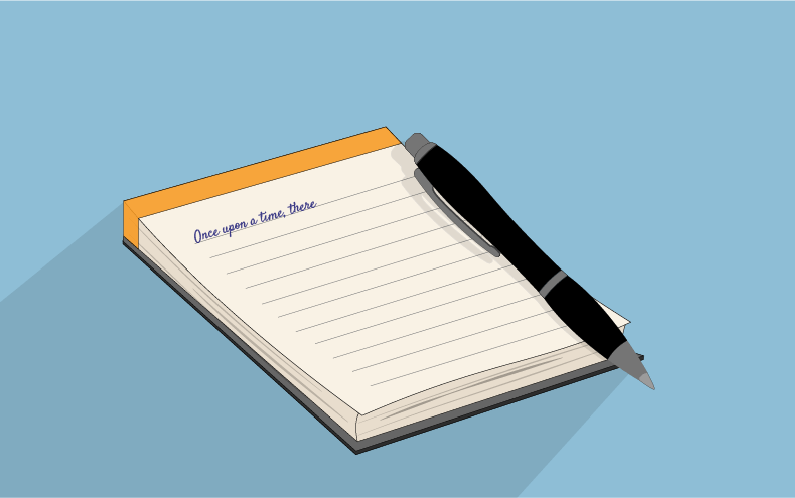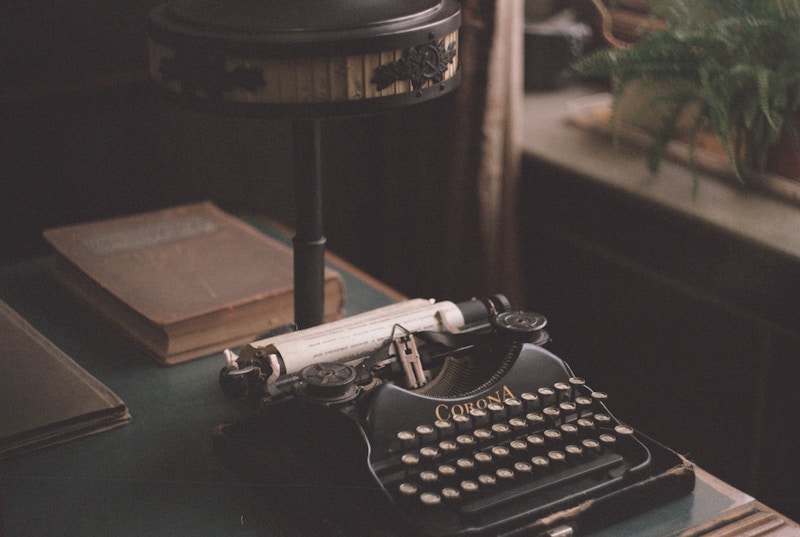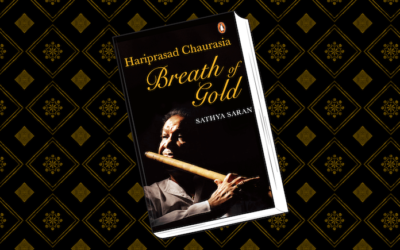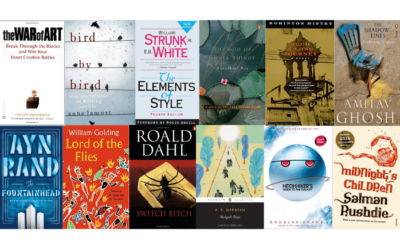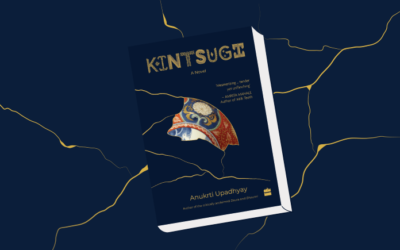Feature
How To Master The Art Of Writing A Short Story
Mastering the art of short story writing might seem hard for you if you are just starting your writing career. If you google “How to write a short story” you will find plenty of tips and workshops on the Internet. And trust me, most of them will benefit you. You will find detailed instructions and will probably try them. But, don’t forget that we are not robots and that our differences contribute to how we use those tips to write our short stories. You might remember the advice and experiences of those who gave you beneficial ideas and tips but you don’t have to completely stick to them. Or at least, you could adjust them to your own personality, habits and skills.
Don’t Be Afraid To Experiment
Every short story usually has an introduction, plot and conclusion but very often, we will find experimental pieces which start in the middle of the plot and end with the beginning. Honestly, even though there are some rules and styles one believes should be followed and respected, where writing a short story is concerned, breaking those rules and not sticking to the proposed styles can also be beneficial. It might get you noticed as an innovative writer, not afraid to experiment and make your story a hit.
Arouse Curiosity
Your story has to be interesting and captivating, have a gripping plot that arouses curiosity and makes a reader keep reading. It should have charming characters which might be heroes or villains or just ordinary people capable of invoking empathy, sympathy, or of making the reader want to know or learn more about them. This curiosity is an important factor. And if your story does not make the reader curious, he or she will probably not finish reading your story.
Plan Your Story But Be Prepared For It To Change
Many articles will advise you to make a thorough plan of how you want your story to look, which involves putting down your ideas about the beginning, the plot and the ending. This is definitely a great idea. After all, once you have organised your thoughts, the writing process itself is bound to be easier. Not necessarily. Many writers will confirm that they started with a clear idea of their story but ended up writing the story that had nothing to do with their initial idea and plan. Sometimes, maybe more often than we think, we start writing something and while engrossed in the writing process, a burst of inspiration or even our writing environment may make us change the course of our story and write something completely new and unplanned.
Therefore, even though our initial idea might motivate us to write the story, the inspiration we get during the process of writing might lead us to change the idea.
Action Matters But So Does Compelling Description
We will all agree that a good short story must have action and an interesting plot. And even though, many people will tell you that they prefer reading a story with a great plot with a lot of action and less description, it is important to make sure the descriptive parts are amazing and cause surprise or wonder. It is not always the action that keeps readers hooked; description can be equally engrossing and absorb all the reader’s attention.
Language And Style Are Important
Your language is very important. However, the type of short story you are writing will determine the style- maybe it requires you to use a lot of slang or to write it in a bit more formal style. Maybe you’ll find yourself creating a new language. However, whatever style you choose, make sure you don’t make serious grammar mistakes, have too many typos, or use very offensive words. This will increase the likelihood that your story will be liked.
Read, Re-read, And Edit
No editor likes too many mistakes. And often, even the best editors fail to correct some of the writer’s mistakes. Therefore, make sure you read your story a couple of times. Reading it a few times might also give you some ideas on how to improve it. Often, writers say that it is only after sleeping on it and returning to the story later with fresh eyes, that they finally understand how to make their story better and more compelling.
Overcome Writer’s Block
Writer’s block is a reality and many writers claim to suffer from it every once in a while. There could be any number of reasons for it- a lack of motivation, poor health, or adverse life events. Some writers say that the best way to overcome it is to stop writing for some time, start doing something else, perhaps find some interesting hobbies, play sports etc. On the other hand, other writers say that writer’s block can only be cured by writing more. Writing anything, whether letters, postcards, blogs, or diaries can help you to get back to the habit of writing and overcome writer’s block.
Write What You Like To Read
Every time a book becomes a hit, it starts a trend. Twilight started a whole new trend of vampire fiction. However, merely following this trend won’t make you a successful author. Just because science fiction is all the rage right now, doesn’t mean your sci-fi short story will be. Instead, write what you like to read. If you are not a big fan of science fiction, there is a good chance that your science fiction stories will not be compelling. Doing what you like is a guarantee to success and you are likely to put more effort into it as the process will also be more enjoyable.
Writing a short story might seem complicated. But honestly, it is not that hard. If you love writing, you will, with the help of all these tips, find your own way to write your first short story. And even if it is not great, and if other people don’t like it that much, don’t be disheartened. Keep writing. If you keep writing, you will eventually master the skill of crafting a short story.
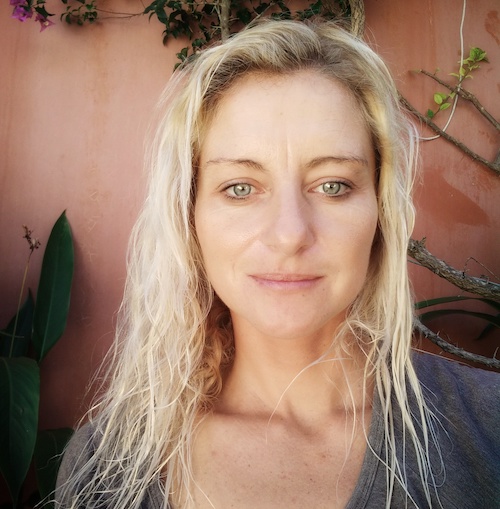
Ana Vidosavljevic is from Serbia and currently living in Indonesia. She is a teacher, international relations specialist, writer, translator, interpreter, surfer and mom-to-be. She has her work published or forthcoming in many magazines and anthologies. Her collection of short stories Mermaids will be published by Adelaide Books in September 2019, and a memoir Flower Thieves will be published by the same publishing house in April 2020.
Read her articles here.

